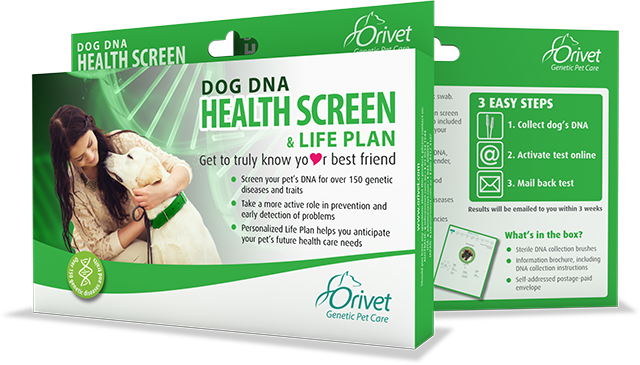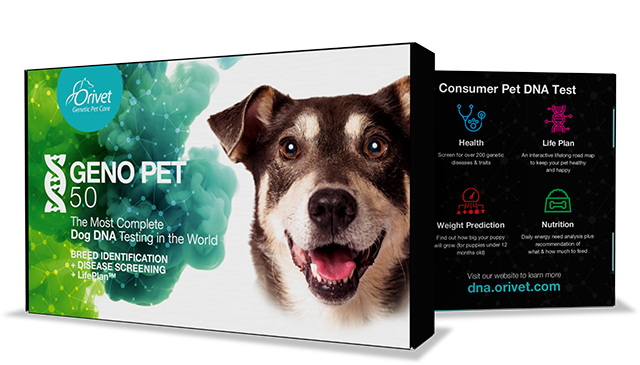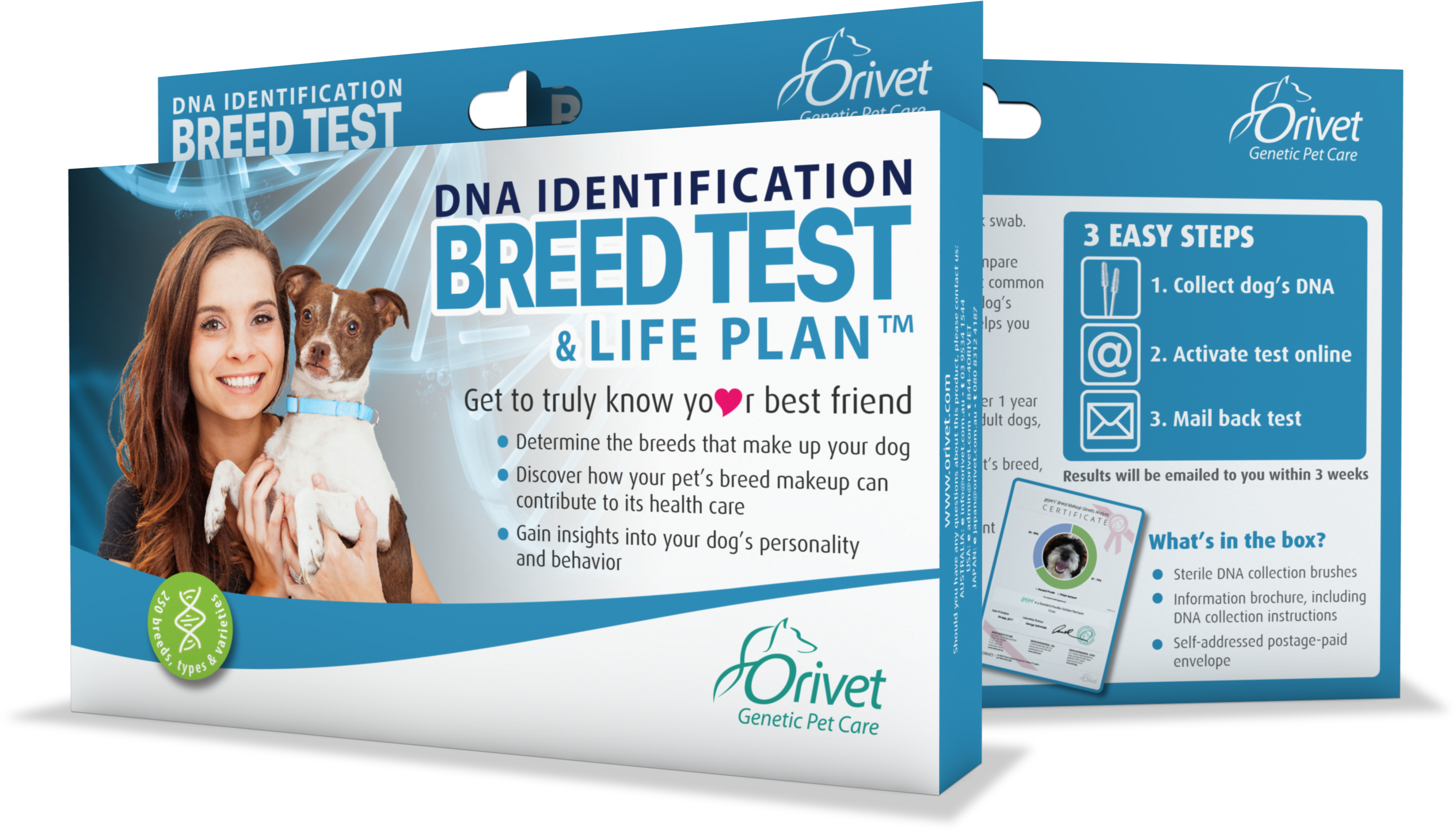Are You a Cat Person or a Dog Person?
Perhaps you have both, but if you plan to insure your four-legged friends, it's important to know how the species and breed of your pet can impact your insurance premium. As we all know, not all pets are created equal, and as such there isn't just one flat premium amount that will cover every pet.
The Basics
What is pet insurance
The Arguments For and Against Pet Insurance
Reasons to consider pet insurance
Breed Impact
How breed impacts insurance coverage and costs
Compare Companies
Compare the different insurance providers
How Breed Impacts Insurance Coverage and Costs
It's a fact that some breeds of dogs and cats cost more to care for than others. First and foremost, there is typically a cost difference between what insurance will cost for a cat versus a dog. Cats typically see the veterinarian less than dogs and are also less likely to incur an injury. There are also fewer genetic issues that impact cat premiums.
For dogs, on average, the least costly dog would be a mixed breed somewhere around 35-40 pounds. They are just hardier and less likely to develop genetic conditions. Large purebred breeds are known for potentially expensive orthopedic problems – hip dysplasia, elbow dysplasia, cruciate tears, etc. Some breeds are known to have heart problems. Some purebreds are more likely to have genetic problems that can be passed from generation to generation.
Most companies will price premiums based on breed because experience has shown that some breeds cost more to care for. The way this is done by some is by creating risk pools; certain breeds are lumped together in the same premium categories. This allows all pet owners with similar high-cost breeds to share in the financial risk with other pet owners.
There is wonderful technology available today to genetically test your pet and identify any potential breed-related issues that are present. However, even if the test is positive, it doesn't mean your pet would necessarily develop the condition, only that the possibility is present. No companies today are offering reduced premiums as a result of clean genetic testing, but it is a possibility in the future.




